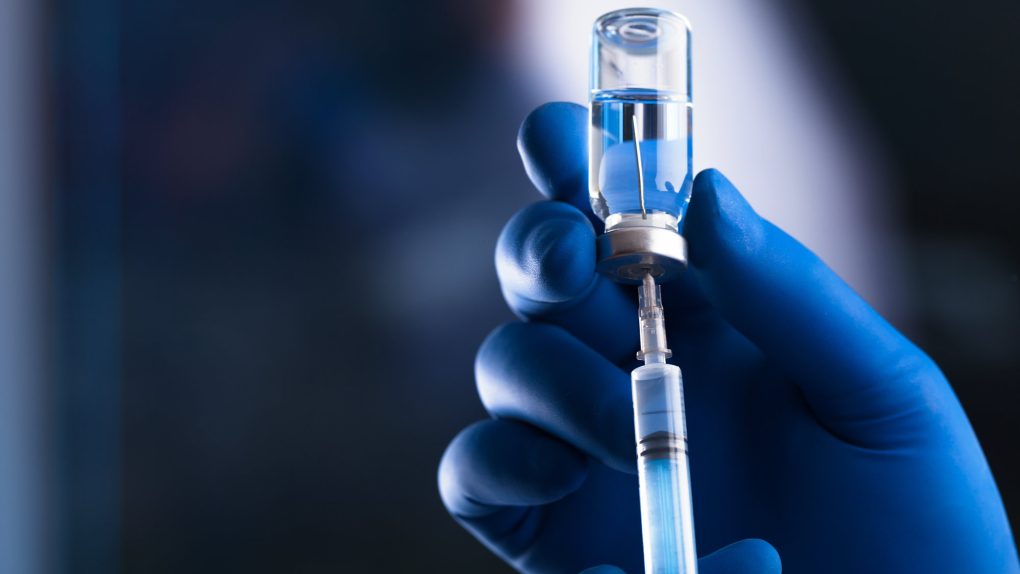- Two of the novel coronavirus vaccine frontrunners have reported incredible interim efficacy data, with both Pfizer and Moderna saying their drugs work in more than 90% of the cases.
- Moderna has a higher efficacy rating than Pfizer, but its main advantage over the competing drug concerns logistics.
- The Moderna vaccine can be stored and transported at warmer temperatures compared to the Pfizer drug, which must be kept at -94°F.
Pfizer and Moderna released incredible coronavirus vaccine efficacy data just a few days apart. The BioNTech vaccine that Pfizer has licensed is more than 90% effective against the virus. The news dropped early last week, with the efficacy findings surprising the world. Experts have said that any efficacy rating over 70% is very promising, with the FDA having a threshold of 50% to approve drugs. Pfizer’s final efficacy rating might be lower when the final Phase 3 trial results are released, but the interim data is extremely promising. The Moderna vaccine showed an even better efficacy, at 94.5%, but the same caveat applies. The final efficacy rating might differ, but it sure looks like both mRNA vaccines will soon be ready to use on at-risk groups.
Several technologies are being researched for COVID-19 vaccines, but both BioNTech and Moderna created mRNA vaccines. These are drugs that contain genetic information from the virus that’s meant to train the body to recognize and block the coronavirus spike protein that hooks up to cells. By neutralizing the spike, the antibodies will prevent severe COVID-19 illness and speed up recovery, or possibly prevent infections altogether. But mRNA vaccines have a huge downside when it comes to logistics, as they require storage and transport at a much lower temperature. That’s where the Moderna drug stands out, and it has a big advantage over Pfizer.
Today’s Best Deal

It’s not enough for a coronavirus vaccine to be highly effective to beat the pandemic if not enough people get immunized. And if the vaccines can’t be transported and stored at the required temperatures, people in some communities and countries might have a harder time getting access to the drugs.
We already learned what Pfizer needs to do to ship its vaccine. The drug needs to be stored at -70°C (-94°F), a temperature similar to the South Pole on a winter day. Pfizer created special containers that can transport up to 1,000 vials, each vial containing five doses. The vials can survive in conventional freezers for up to five days or up to 15 days in the Pfizer cooler if dry ice is replenished and the boxes aren’t opened more than twice a day.
Moderna’s drug is a lot less problematic when it comes to storage and transport. The company announced in a second press release on Monday that its vaccine candidate has a longer shelf life than initial estimates. The drug also doesn’t need to be kept as cold, although we’re still looking at temperatures that are well below the freezing point.
The drug remains stable at standard refrigerator temperatures between 2° and 8°C (36° to 46°F) for 30 days, which is significantly better than the initial 7-day estimate. For shipping and long-term storage, Moderna says the drug is viable at standard freezer temperatures of -20°C (-4°F) for six months.
At room temperature, the mRNA-1273 drug is stable for up to 12 hours. The drug will not need any dilution or special handling once it’s removed from the refrigerator for administration. The Pfizer and Moderna vaccines both require two doses that are administered several weeks apart, which makes transport and storage all the more critical.
“We believe that our investments in mRNA delivery technology and manufacturing process development will allow us to store and ship our COVID-19 vaccine candidate at temperatures commonly found in readily available pharmaceutical freezers and refrigerators,” Moderna’s CTO Juan Andres said in a statement. “We are pleased to submit these extended stability conditions for mRNA-1273 to regulators for approval. The ability to store our vaccine for up to 6 months at -20° C, including up to 30 days at normal refrigerator conditions after thawing, is an important development and would enable simpler distribution and more flexibility to facilitate wider-scale vaccination in the United States and other parts of the world.”
If the first coronavirus vaccines have comparable efficacy ratings, getting the most effective version won’t matter that much. The one that your doctor can order, store, and inject will be the one you should take. It just so happens that Moderna holds the advantage right now, both in terms of efficacy and logistics. Pfizer, on the other hand, can manufacture more doses than Moderna, according to initial estimates. Pfizer is also studying ways to preserve the integrity of its drug at lower temperatures, which could further streamline the transportation and storage procedures.







